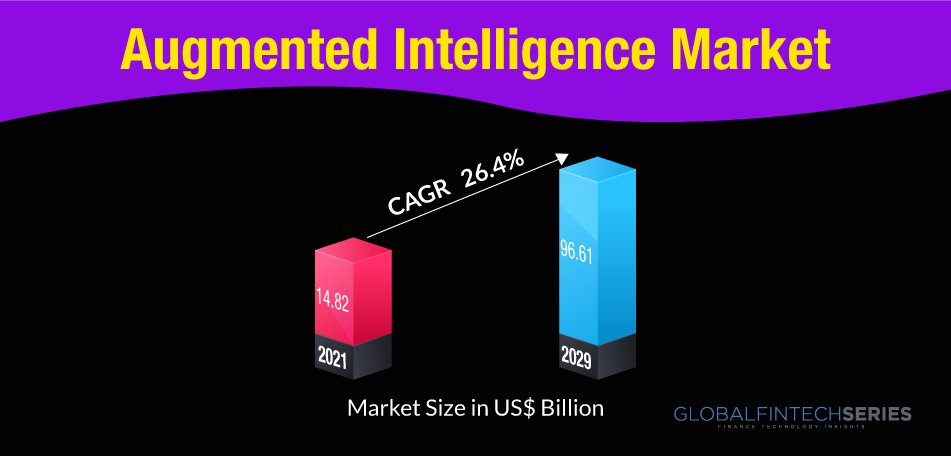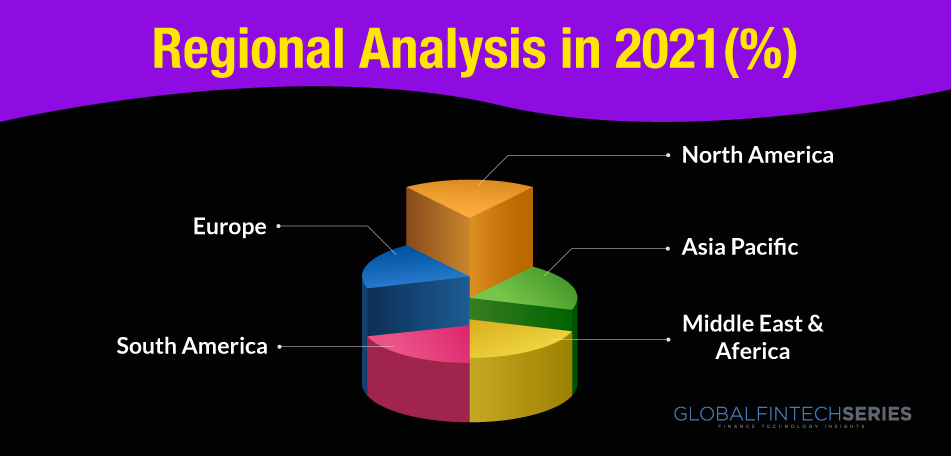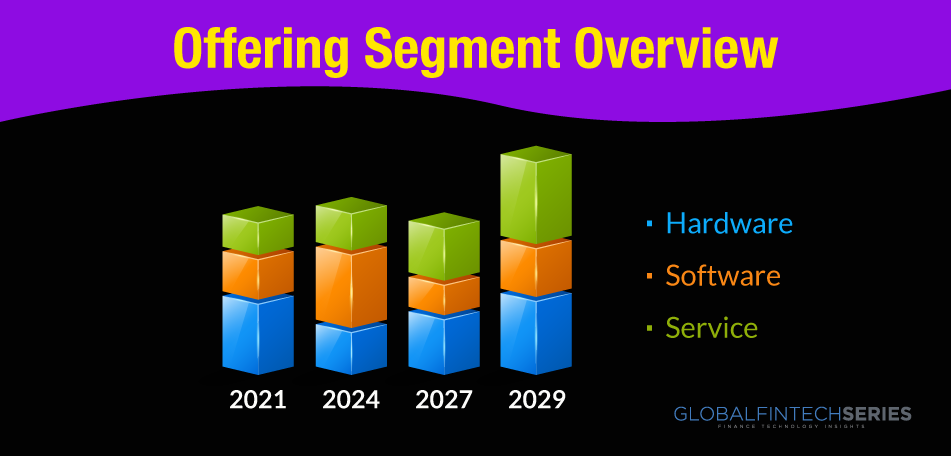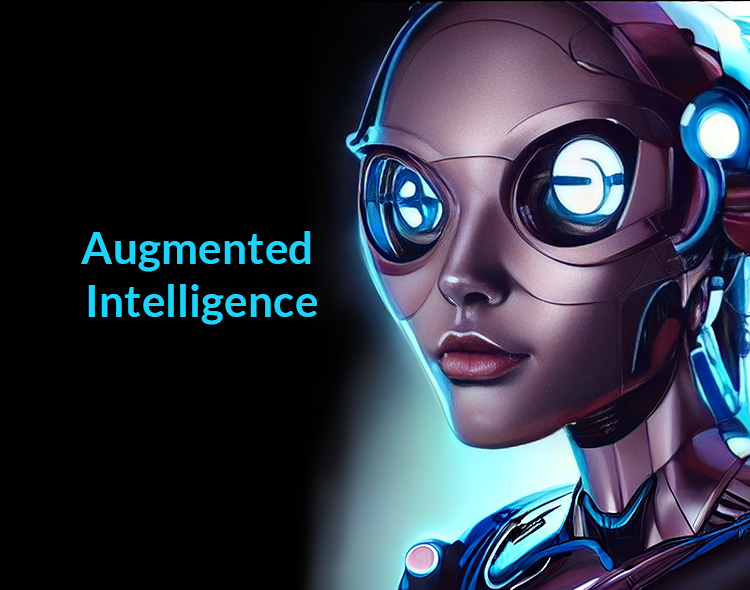Introduction
The general public often views artificial intelligence (AI) in a “sci-fi” way, envisioning robots and computer systems that are independent of and frequently antagonistic to their human creators. HAL 9000, the Star Trek dehumanizing Borg, and the Terminator series robotic assassins are all products of science fiction. Popular perception holds that artificial intelligence (AI) is human-made yet fundamentally inhuman, whereas logical, cold software removes human intelligence from the decision-making process.
The reality is more complicated. Self-sufficient artificial intelligence (AI) systems are crucial to many technological domains, although their intelligence is often limited to specific domains. For example, an AI system used as a virtual customer service representative, like eBay’s Louise, cannot take over the entire planet.
How then might augmented intelligence be transformed from a fascinating idea to a useful reality?
Read the latest article: The New Wave: Decentralized Finance
What Is Augmented Intelligence?

The above chart depicts the Augmented Intelligence market statistical figures from 2021 to 2029( expected), with a CAGR of 26.4%. North American market generated the largest revenue share 43% in 2022. And while some AI technology is designed to work independently, one of the most helpful varieties of AI, augmented intelligence (also known as intelligence amplification, or IA), uses ML and predictive analytics for supplementing rather than replacing human intelligence.
The Goal of Augmented Intelligence Is to Complement Human Intelligence, Not to Replace It.
The goal of augmented intelligence is to complement human intellect rather than replace it. Its goal is to enhance human decision-making and, by extension, the behavior that results from better choices. The phrase “intellectual amplification” first appeared in William Ross Ashby’s 1956 book Introduction to Cybernetics. In comparison to the apparently scary artificial intelligence, which implies that human intelligence would be superseded, this statement looks less threatening.

A branch of AI machine learning known as “augmented intelligence” was created to complement human intelligence rather than completely replace it. By enhancing human decision-making and, consequently, actions made in reaction to better decisions, it is intended to achieve this.
Read the latest article: 10 Best Applications Of AI In Banking
How Does Augmented Intelligence Work?
Augmented intelligence, in contrast to the conventional conception of AI, employs machine learning and deep learning to give people access to information they can use to make decisions.

Recall that machine learning refers to an AI system’s capacity to learn from experience and enhance itself without extra programming. Machine learning is exemplified by natural language processing, which enables a computer to recognize human language. And deep learning, also known as deep neural learning, refers to an AI technique that imitates the capacity of the human brain to analyze data and identify patterns, much to the delight of data scientists facing down enormous data sets.
Assisting CFOs in making wise decisions
The following are the CFOs’ top challenges, according to the Gartner, Inc. Finance Leaders 2019 Agenda Poll.
- Being unable to assess corporate performance
- Ineffective financial planning
- Margin reduction as a result of poor decision-making
- Ineffective reporting
- Rigid financial data architecture
If you’re a CFO who is dealing with these problems, you probably want and need to be able to organize and clean your data so that you can make better judgments. Your business may expand with the help of data-driven insights, and augmented intelligence can lead the way by spotting new opportunities. With these insights at your disposal, you can contribute more strategically to your organization.
Read: Let’s Dive Deep Into Fintech Vs The Conventional Banking
What Distinguishes Augmented Intelligence from Artificial Intelligence?
The autonomy between AI and enhanced intelligence is the essential distinction. AI is designed to function independently of human intervention. Such AI often functions under very specific conditions and is frequently designed to relieve humans of repetitive duties.
Plagiarism detectors, email spam filters, and Google’s AI-driven search suggestions are just a few examples of AI’s already widespread use in modern life.
As augmented intelligence’s machine learning does not have to participate in any decision-making processes, many of the barriers and technical difficulties that face real AI are not problems for it. As a substitute, augmented intelligence examines data, detects patterns, and informs users about those patterns, giving human intelligence the reins.
The viewing suggestions given by a streaming video service would be a common example. On the basis of user viewing patterns, AI algorithms make recommendations for additional viewing. Yet, it is up to viewers to choose whether or not to follow algorithmic recommendations.
Implementing Augmented Intelligence
Below are the key players in the domain of Augmented Intelligence.

- Start with effective data management because it is the basis for enhanced intelligence. So that many operations can access the same, consistent datasets, you require centralized data. In order to ensure that your data is accurate, you also need individuals with expertise in data engineering and master data management.
- To make augmented intelligence effective, “bilingual” workers with a variety of skills should be recruited “If you identify missing skills, make sure to prioritize this when both training existing employees and hiring new employees.
- You need to make sure you have current, holistic datasets when training your models, and governance to watch out for unwanted influence. Governance also means having traceability for how a machine came to its decision or recommendation.
- According to the results of our AI 360 study, 78 percent of customers want businesses to aggressively address biases that can affect the accuracy of AI results. Decisions can be skewed and the level of risk perceived by regulators and customers can rise when biased data is used.
- Prepare for change management: For seasoned F&A professionals, working with artificial intelligence represents a significant adjustment. Teams’ resistance to AI can be reduced by explaining how it improves their daily tasks by taking over transactional work, such as the statistical calculations required for financial forecasting.
- Also, provide teams the chance to reskill so they can use AI in conjunction with their knowledge for higher-value tasks like finding new revenue streams. CFOs can also set an example by utilizing artificial intelligence to direct strategic decisions that integrate financial operations with corporate objectives.
- Think about pre-trained accelerators: Although deploying AI can take some time, you can hasten adoption by leveraging these tools. These accelerators are created at Genpact using the knowledge we’ve amassed from years of working with multinational corporations, allowing them to incorporate insights specific to your field and job function. Instead of revamping complete systems, you may use a modular strategy to connect them to your key business processes and benefit from augmented intelligence more quickly.
Conclusion
The waves of “creative destruction” pose a danger to dismantling fundamental beliefs about how our society and its institutions are run. The rise of AI and computer technology in the global economy has significant ramifications for how we see the future of skilled labor.
A simple understanding of the industry is no longer sufficient. Additionally, you must be data-driven, and here is where augmented intelligence can benefit companies as they focus more on expansion and the long term. Business decision-making is aided by augmented intelligence, which combines human intuition and supervision with clever algorithms and predictive data insights.
Even if artificial intelligence is improving, human qualities will always be necessary. That is made possible by augmented intelligence because it involves people in the process rather than operating entirely on its own. Businesses can innovate, expand, and scale quickly with the aid of AI.
Read: The New Digital Mobile Banking Sphere
